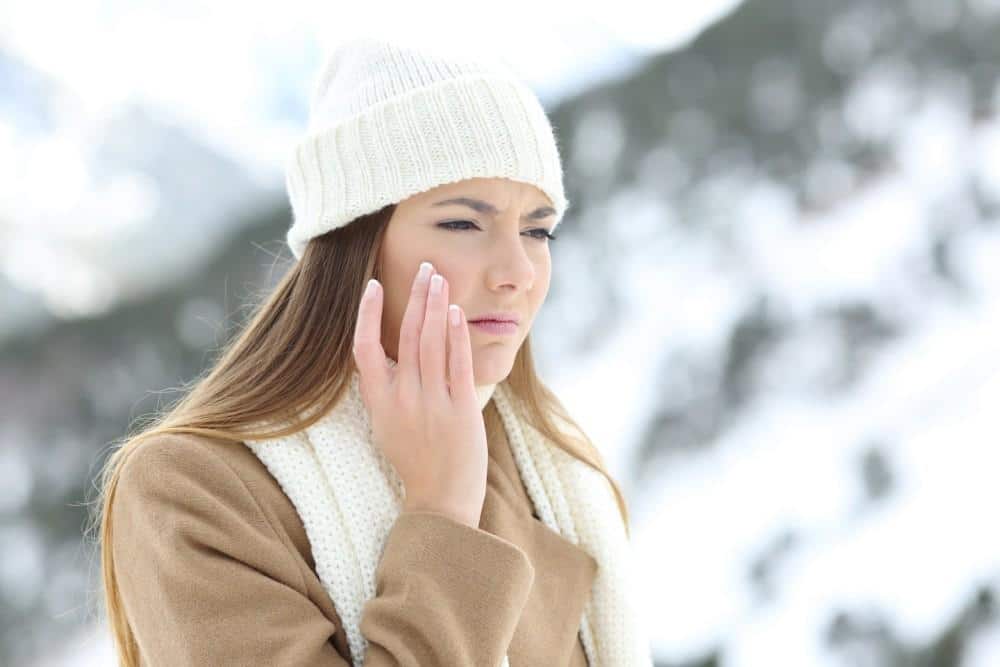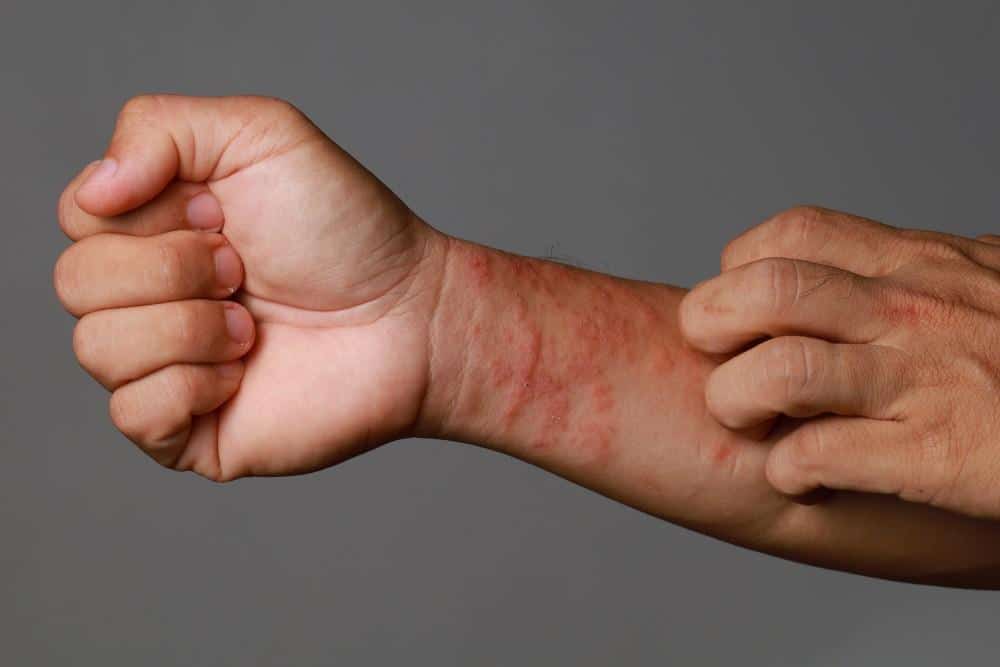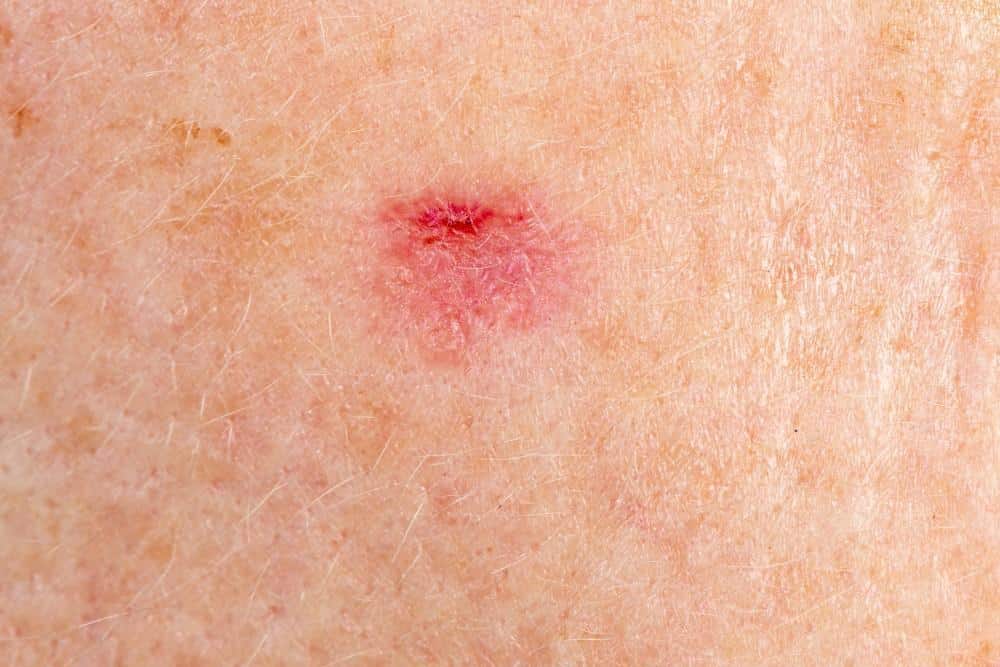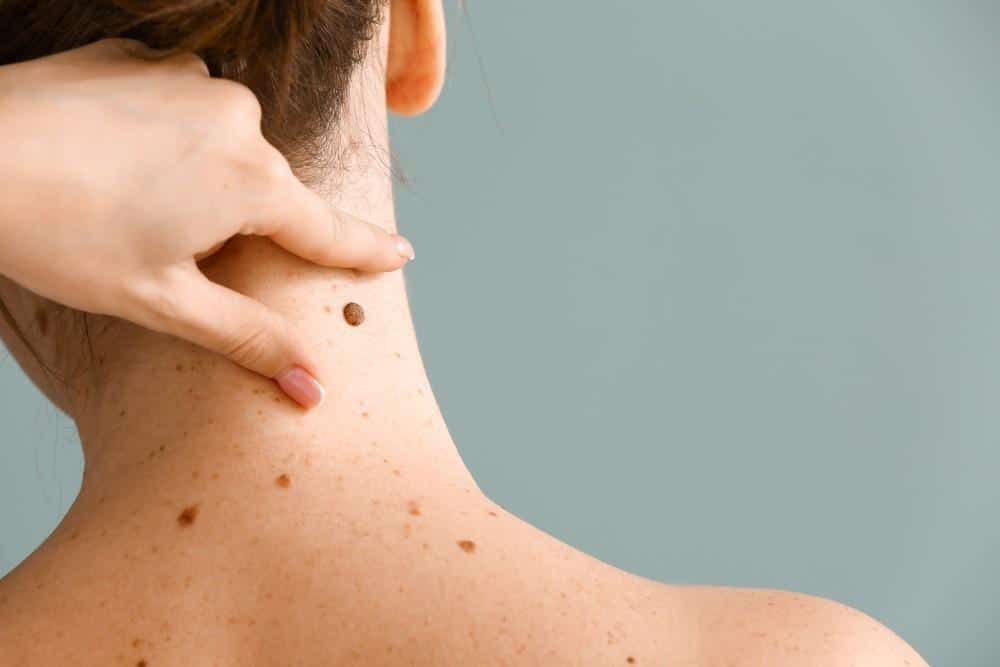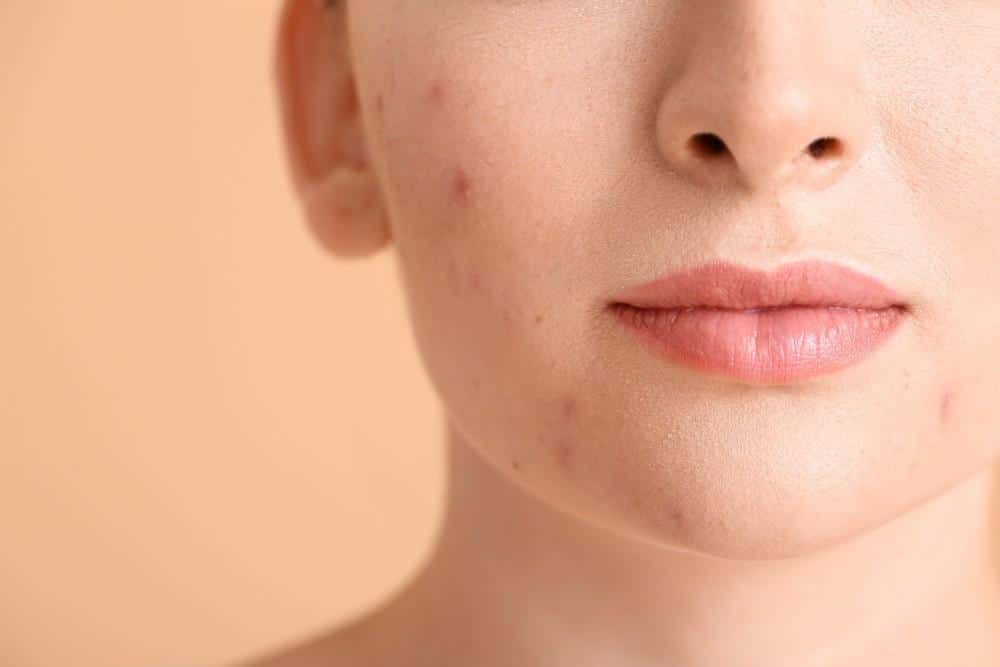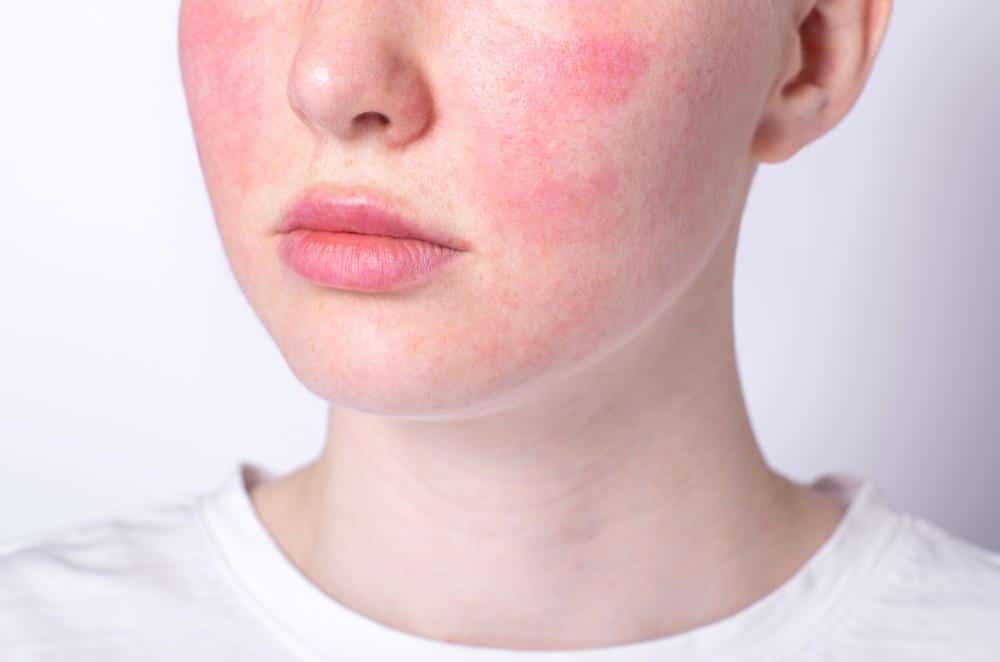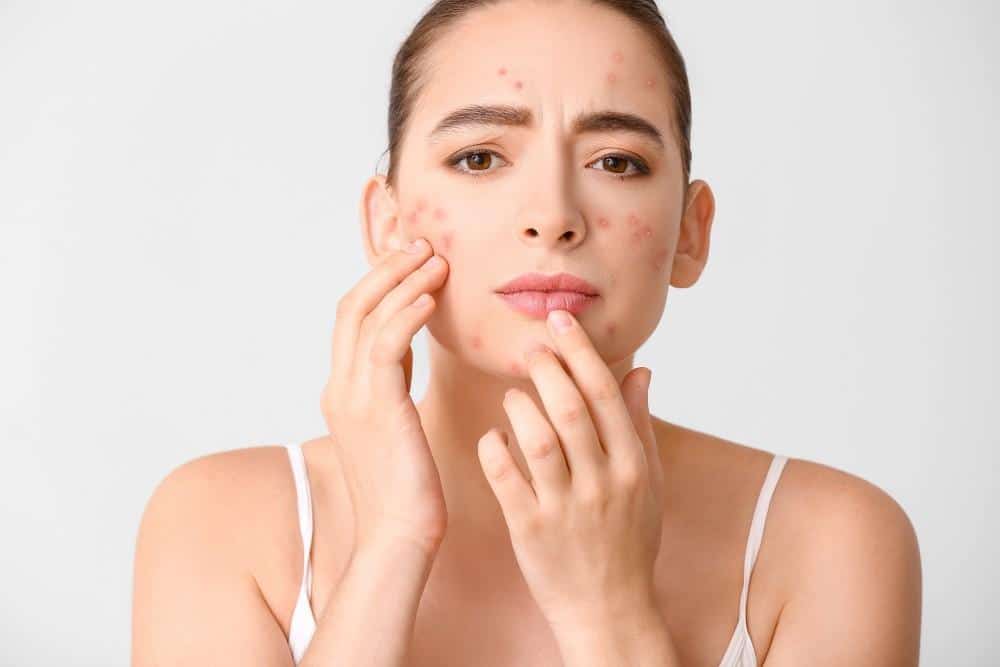
If you’re affected by acne, you’re in good company. Millions of Americans live with unwelcome visits from pimples, pustules, blackheads and whiteheads every day. The good news is that there are things you can do to ease your acne and prevent more flare-ups.
Whether you have mild, occasional acne or ongoing, severe acne, it’s a good idea to see a dermatologist have your skin evaluated, determine which type of acne you have, and help you identify any triggers.
For example, noninflammatory acne, caused by clogged pores, is milder and easier to manage than inflammatory acne, which is caused by bacteria and may necessitate medical management.
At Manhattan Dermatology in New York City, our board-certified dermatologists offer expert advice and effective treatments to help you keep acne under control. Here’s a look at some at-home and medical therapies that can help ease your acne and prevent future breakouts.
Managing acne at home
Generally, one of the best things you can do regardless of the type of acne you have is to avoid touching your face as much as possible. You should also avoid washing your face more than twice a day, as this can dry out your skin and cause your body to produce more oil, triggering more acne.
By improving your skin hygiene, you can minimize breakouts. At Manhattan Dermatology in the Murray Hill and Midtown East neighborhoods, we can review your skin care routine and make recommendations about how to improve it to ease acne and prevent flare-ups.
For mild acne, try over-the-counter acne therapies, including soaps, creams, and ointments containing salicylic acid, benzoyl peroxide, and sulfur. In addition, talk to your dermatologist about the skin care products you use, and change to only non-comedogenic products, which don’t clog pores.
Avoid processed foods and high-sugar products, as these can trigger inflammation and negatively affect your skin. And since stress can be a trigger for acne, taking steps to manage your stress can go a long way.
Medical treatments for acne
Some acne is more challenging to treat because it’s the result of issues taking place below the surface of your skin.
For example, fluctuating hormones at any age can lead to pimples and breakouts. Women going through pregnancy, menopause, and regular monthly fluctuations are especially prone to this type of acne.
That’s why it’s helpful to have an acne specialist evaluate your skin. At Manhattan Dermatology, we review your medical history and examine your skin to accurately diagnose your acne and any triggers.
For more difficult-to-treat acne, we create a personalized acne treatment plan, customized to your skin needs. This may include one or more of the following:
- Hormonal therapies
- Oral antibiotics
- Prescription topical therapies
- Resorcinol and/or retinoids
- Chemical peels
- Laser treatments
- Accutane (for treating severe, cystic acne)
If you’re ready for healthier, clearer skin, schedule an appointment online or over the phone at Manhattan Dermatology in Murray Hill or Midtown East in Manhattan, New York City.
